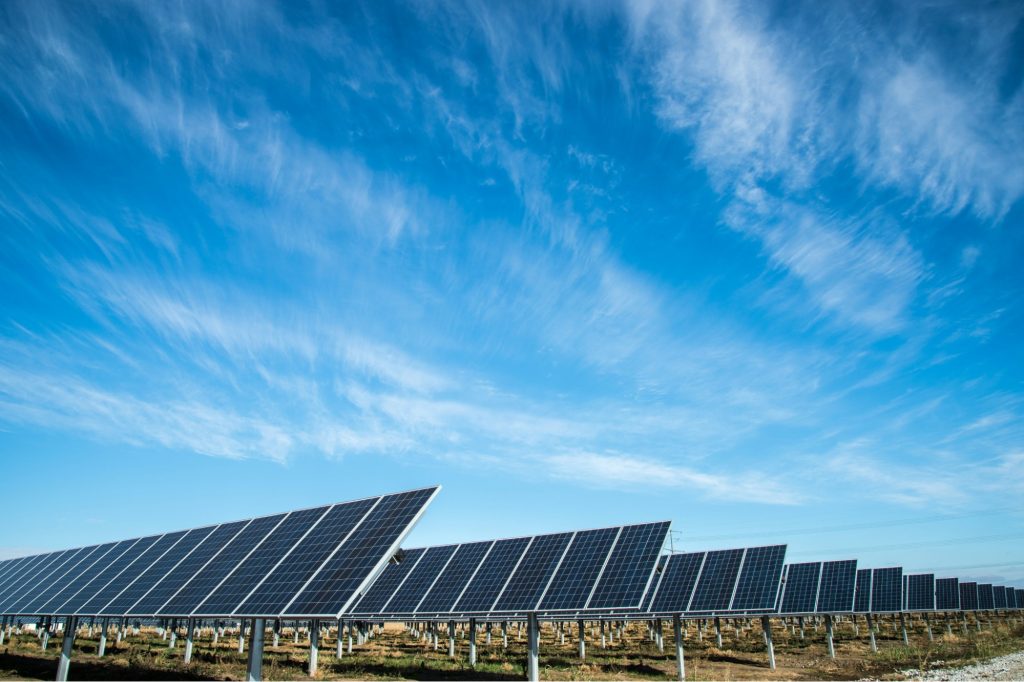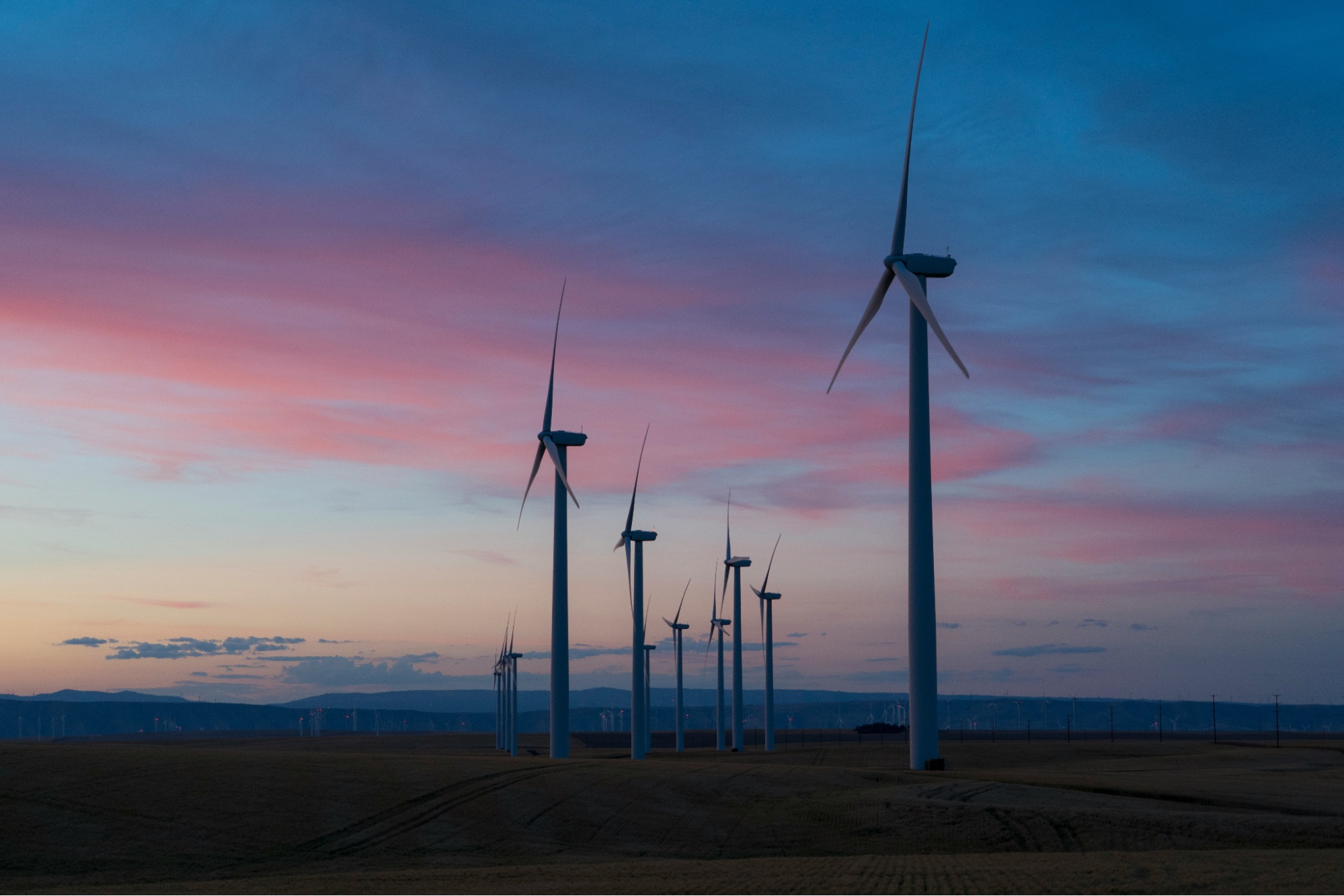Our Privacy Policy was last updated and posted on January 1, 2020. It governs the privacy terms of our Website, located at engineeringforoneplanet.org. Any capitalized terms not defined in our Privacy Policy, have the meaning as specified in our Terms of Use accessible at engineeringforoneplanet.org/terms-of-use
Your Privacy
Engineering for One Planet follows all legal requirements to protect your privacy. Our Privacy Policy is a legal statement that explains how we may collect information from you, how we may share your information, and how you can limit our sharing of your information. You will see terms in our Privacy Policy that are capitalized. These terms have meanings as described in the Definitions section below.
Definitions
“Non Personal Information” is information that is not personally identifiable to you and that we automatically collect when you access our Website with a web browser. It may also include publicly available information that is shared between you and others.
“Personally Identifiable Information” is non-public information that is personally identifiable to you and obtained in order for us to provide you within our Website. Personally Identifiable Information may include information such as your name, email address, and other related information that you provide to us or that we obtain about you.
Information We Collect
Generally, you control the amount and type of information you provide to us when using our Website.
As a Visitor, you can browse our website to find out more about our Website. You are not required to provide us with any Personally Identifiable Information as a Visitor.
Computer Information Collected
When you use our Website, we automatically collect certain computer information by the interaction of your mobile phone or web browser with our Website. Such information is typically considered Non Personal Information. We also collect the following:
Cookies
Our Website uses “Cookies” to identify the areas of our Website that you have visited. A Cookie is a small piece of data stored on your computer or mobile device by your web browser. We use Cookies to personalize the Content that you see on our Website. Most web browsers can be set to disable the use of Cookies. However, if you disable Cookies, you may not be able to access functionality on our Website correctly or at all. We never place Personally Identifiable Information in Cookies.
Third Party Tracking Tools
We also use third party tracking tools to improve the performance and features of our Website. These third party tracking tools are designed to collect only Non-Personal Information about your use of our Website. However, you understand that such tools are created and managed by parties outside our control. As such, we are not responsible for what information is actually captured by such third parties or how such third parties use and protect that information.
We use Remarketing with Google Analytics to advertise on third party sites to you after you visited our Site. We and our third party vendors, like Google, use first party cookies (such as the Google Analytics cookie) and third party cookies (such as the DoubleClick cookie) to inform, optimize and serve ads based on your past visits to our Site.
You can opt-out of Google Analytics for Display Advertising and customize the Google Display Network ads by visiting the Google Ads Settings page. Google also recommends installing the Google Analytics Opt-out Browser Add-on for your browser. Google Analytics Opt-out Browser Add-on provides visitors with the ability to prevent their data from being collected and used by Google Analytics.
Automatic Information
We automatically receive information from your web browser or mobile device. This information includes the name of the website from which you entered our Website, if any, as well as the name of the website to which you’re headed when you leave our website. This information also includes the IP address of your computer/proxy server that you use to access the Internet, your Internet Website provider name, web browser type, type of mobile device, and computer operating system. We use all of this information to analyze trends among our Users to help improve our Website.
How We Use Your Information
We use the information we receive from you as follows:
Customizing Our Website
We may use the Personally Identifiable information you provide to us along with any computer information we receive to customize our Website.
Sharing Information with Affiliates and Other Third Parties
We do not sell, rent, or otherwise provide your Personally Identifiable Information to third parties for marketing purposes. We may provide your Personally Identifiable Information to affiliates that provide services to us with regards to our Website (i.e. payment processors, Website hosting companies, etc.); such affiliates will only receive information necessary to provide the respective services and will be bound by confidentiality agreements limiting the use of such information.
Data Aggregation
We retain the right to collect and use any Non Personal Information collected from your use of our Website and aggregate such data for internal analytics that improve our Website and Service as well as for use or resale to others. At no time is your Personally Identifiable Information included in such data aggregations.
Legally Required Releases of Information
We may be legally required to disclose your Personally Identifiable Information, if such disclosure is (a) required by subpoena, law, or other legal process; (b) necessary to assist law enforcement officials or government enforcement agencies; (c) necessary to investigate violations of or otherwise enforce our Legal Terms; (d) necessary to protect us from legal action or claims from third parties including you and/or other Members; and/or (e) necessary to protect the legal rights, personal/real property, or personal safety of Engineering for One Planet, our Users, employees, and affiliates.
Protecting Your Child’s Privacy
Our Website is not designed for use by anyone under the age of 13 (“Child”), though we realize we may have a Child attempt to make purchases through our Website. We do not verify the age of our Users nor do we have any liability for verifying a User’s age. If you are a Child, please seek the permission of a parent or guardian before using our Website.If you are a parent or guardian and believe your Child is using our Website, please contact us to remove your Child’s account; we reserve the right to ask you for verification of your relationship to the Child before we honor such a request. If we discover that a Child has created an account on our Website, we will immediately delete the account as soon as we discover it, we will not use the information for any purpose, and we will not disclose the information to third parties. However, as parent of such a Child, you understand that you are legally liable for any transactions created by the Child.
Links to Other Websites
Our Website may contain links to other websites that are not under our direct control. These websites may have their own policies regarding privacy. We have no control of or responsibility for linked websites and provide these links solely for the convenience and information of our visitors. You access such linked Websites at your own risk. These websites are not subject to this Privacy Policy. You should check the privacy policies, if any, of those individual websites to see how the operators of those third-party websites will utilize your personal information. In addition, these websites may contain a link to Websites of our affiliates. The websites of our affiliates are not subject to this Privacy Policy, and you should check their individual privacy policies to see how the operators of such websites will utilize your personal information.
Our Email Policy
Our affiliates and we fully comply with national laws regarding SPAM. You can always opt out of receipt of further email correspondence from us and/or our affiliates. We agree that we will not sell, rent, or trade your email address to any unaffiliated third-party without your permission.
Privacy Policy Updates
We reserve the right to modify this Privacy Policy at any time. You should review this Privacy Policy frequently. If we make material changes to this policy, we may notify you on our Website, by a blog post, by email, or by any method we determine. The method we chose is at our sole discretion. We will also change the “Last Updated” date at the beginning of this Privacy Policy. Any changes we make to our Privacy Policy are effective as of this Last Updated date and replace any prior Privacy Policies.
Questions About Our Privacy Practices or This Privacy Policy
If you have any questions about our Privacy Practices or this Policy, please contact us.



